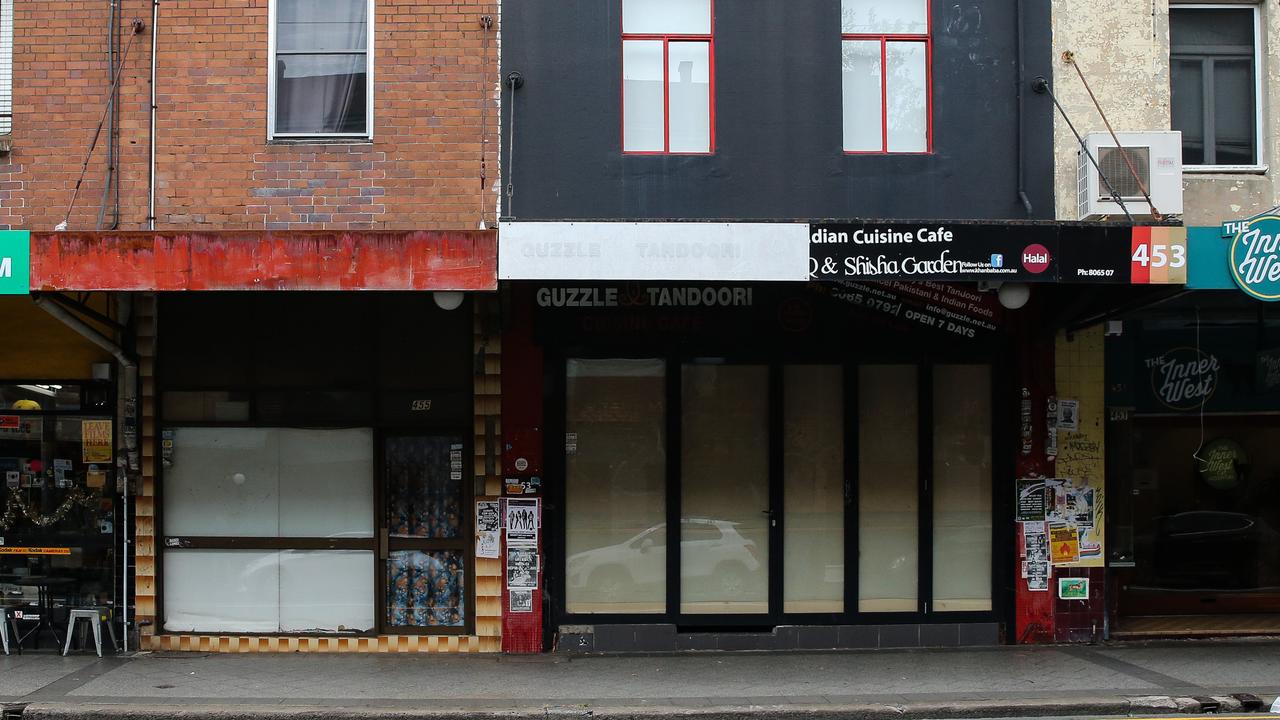‘Don’t stockpile’: Covid-like shopping warning as notions of national egg shortage are dismissed
There are concerns that a major Australian retailer might have unintentionally encouraged Covid-style “panic buying”.
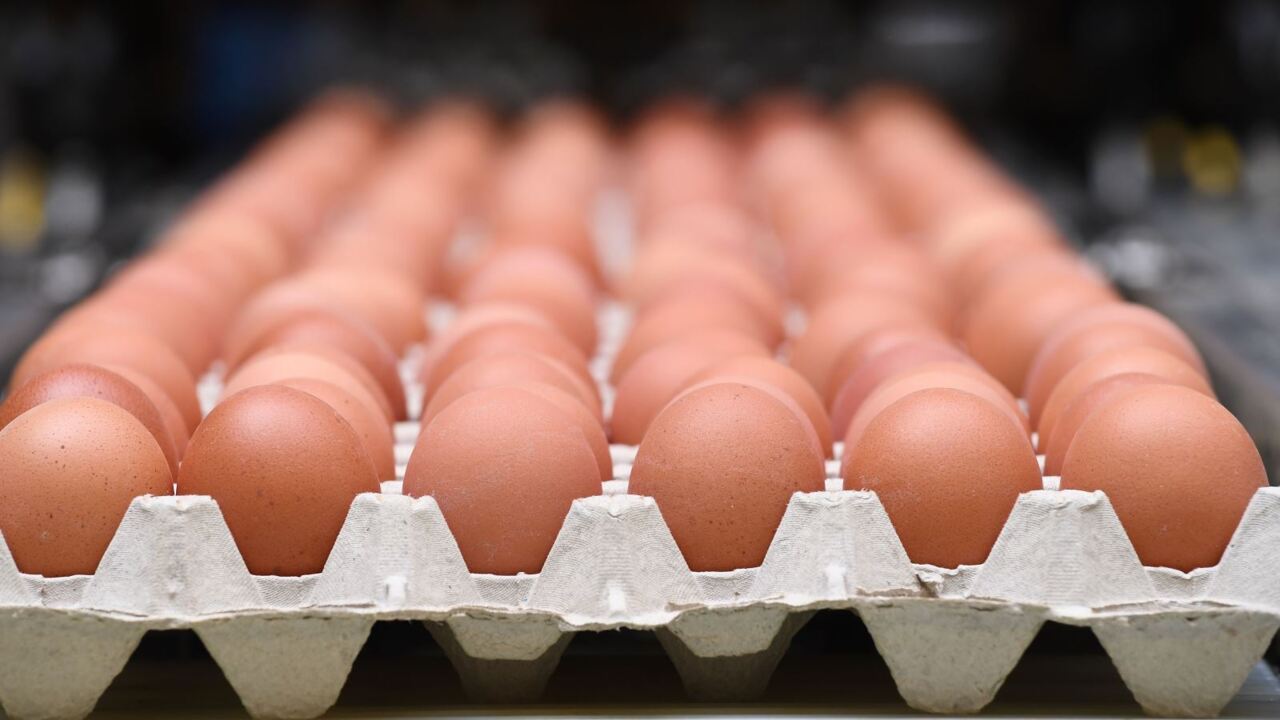
A major supermarket’s new limits on the amount of eggs customers can buy may be encouraging panic buying, experts have warned.
The nation saw mass panic buying during the Covid pandemic, with toilet paper, soap and basic food staples often being sold out as people rushed to fill their pantries amid lockdowns.
Shoppers at Coles have been limited to buying two cartons of eggs due to supply chain issues caused by an outbreak of bird flu detected at five farms in Victoria.
But industry experts and academics believe the retailer may have acted too soon; cautioning that a pandemic-era scramble for goods, which led to empty shelves, could recur without valid reason.
One of the nation’s leading industry bodies in the egg and poultry sector warns limits may “send the wrong message” while a leading academic in consumer behaviour warns “this type of approach can induce panic buying”.
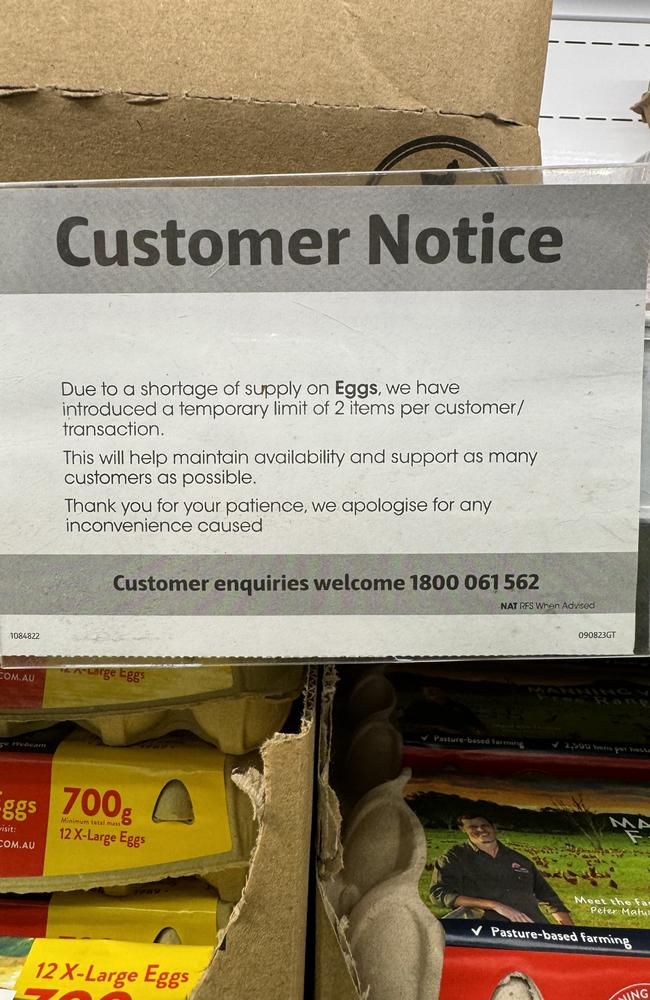
The incident has prompted Victorian Industry Minister Natalie Hutchins to offer reassurances regarding national egg supplies and warn against stockpiling.
“It’s a real challenge that there’s been a fifth farm identified with the avian flu,” she told Nine’s newspapers.
“But we don’t anticipate that there’s going to be an egg shortage.
“We do know that retailers are making decisions about putting limits in place of how many you can buy, very similar to during Covid with toilet paper.
“Sometimes when there’s discussions around shortages, it promotes people’s thinking to think that they need to stock up. They don’t need to stock up. There is still some very good supply.”
East Australian stores limit eggs
The limits have been placed on all stores except in Western Australia.
Signs placed in-stores say: “Due to a shortage of supply of eggs, we have introduced a temporary limit of two items per customer/ transaction.”
“This will help maintain availability and support as many customers as possible.
“Thank you for your patience, we apologise for any inconvenience caused.”
A similar message is on display for online customers.
A Coles spokesperson this week said that the supermarket is liaising with their suppliers to ensure shelves would still be stocked.
“We are providing support to the industry in responding to the avian flu cases in Victoria,” they said.
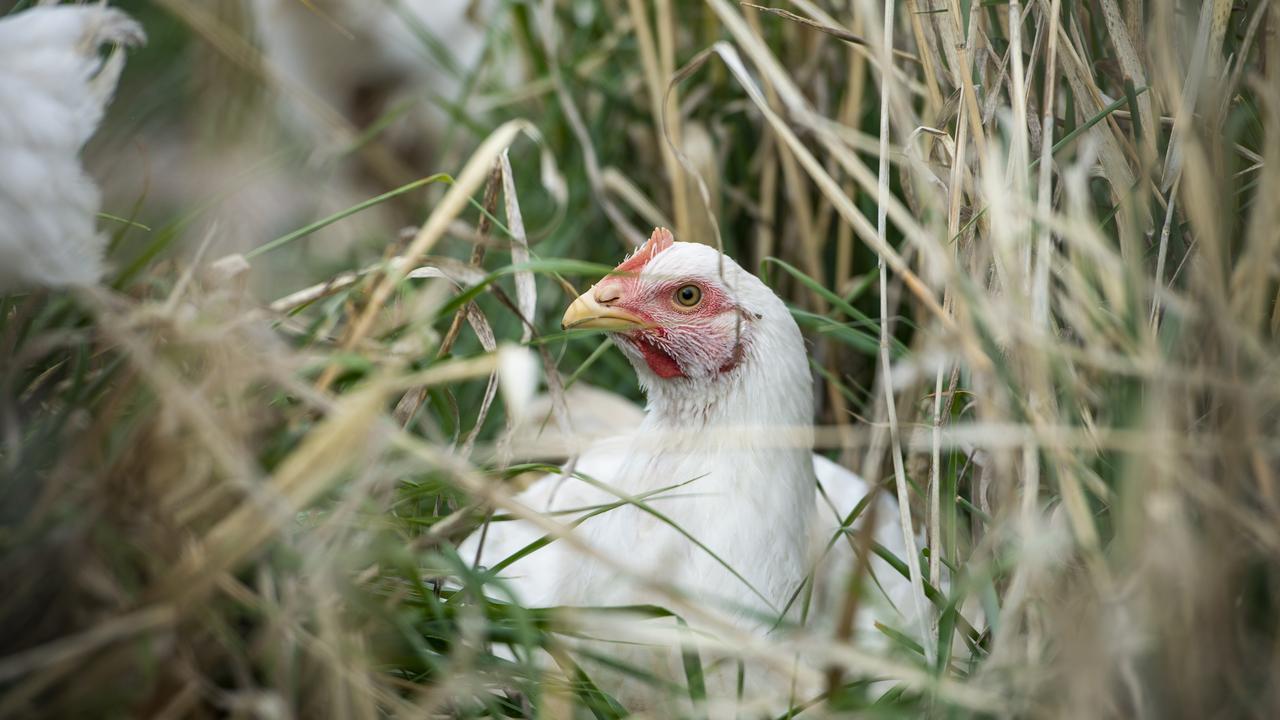
Currently, no purchasing limits are in place at Woolworths or Aldi.
It’s understood that only one of the affected farms supplies eggs to a small number of Woolworths stores.
As of June 7, the highly infectious H7N3 and H7N9 strains of avian flu have been detected at five poultry farms across Victoria, including four properties in Meredith and one farm near Terang.
It’s feared over half-a-million chickens may need to be culled, putting some strain on supply chains.
Sites where cases have been detected have been locked down, with movement restrictions placed around the farms.
‘Don’t flip out’
Australian Eggs, a leading industry body, addressed purchase limits being introduced on egg cartons on Monday, stating consumers “shouldn’t flip out”.
While the egg industry is continuing to work with authorities to eradicate avian influenza in Victoria, consumers can be assured that there are still hundreds of egg farms around the country collecting, packing and shipping eggs each day to maintain supply while the impacted farms recover.
“These avian influenza incidents will cause some disruption to egg supply as retailers reorganise their supply, but purchase limits or patchy supermarket shelves do not indicate a nationwide shortage,” Australian Eggs Managing Director Rowan McMonnies said in a statement on Monday.
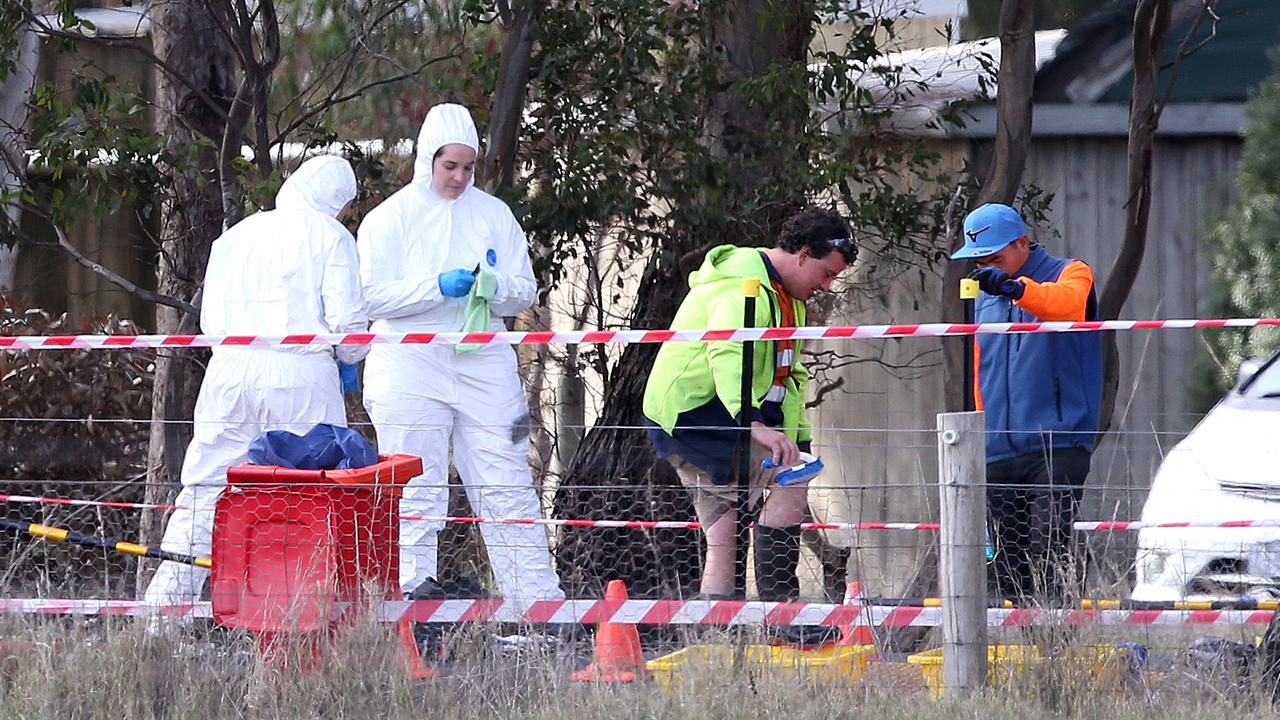
“We know many Australians rely on eggs as a staple, and it might be concerning to see signs of a shortage, but we want consumers to know that only a small part of the industry has been impacted by AI, and other egg farms are working hard to ensure over 18 million eggs continue to be available every day.
Mr McMonnies added: “Purchase limits are double-edged.”
“If a retailer has been impacted by the AI incidents then it might be necessary for them but they can send the wrong message to consumers about broader egg supply.”
Beware a repeat of the ‘Great Toilet Paper Panic’
Dr Louise Grimmer, a retail expert at the University of Tasmania, warned Coles’ messaging could promote themes of “scarcity” despite that not appearing to be the case.
“The Coles’ restrictions placed on eggs are sending a clear and often powerful message to consumers around ‘scarcity’ and fear of missing out (FOMO) – and this type of approach can induce panic buying,” she told news.com.au
“Given the statement from Australian Eggs that consumers should not be concerned about supply, Coles has perhaps ‘jumped the gun’ on this one.
“The problem for shoppers when restrictions are placed on certain goods is obviously panic buying – as we witnessed with toilet paper during Covid.”
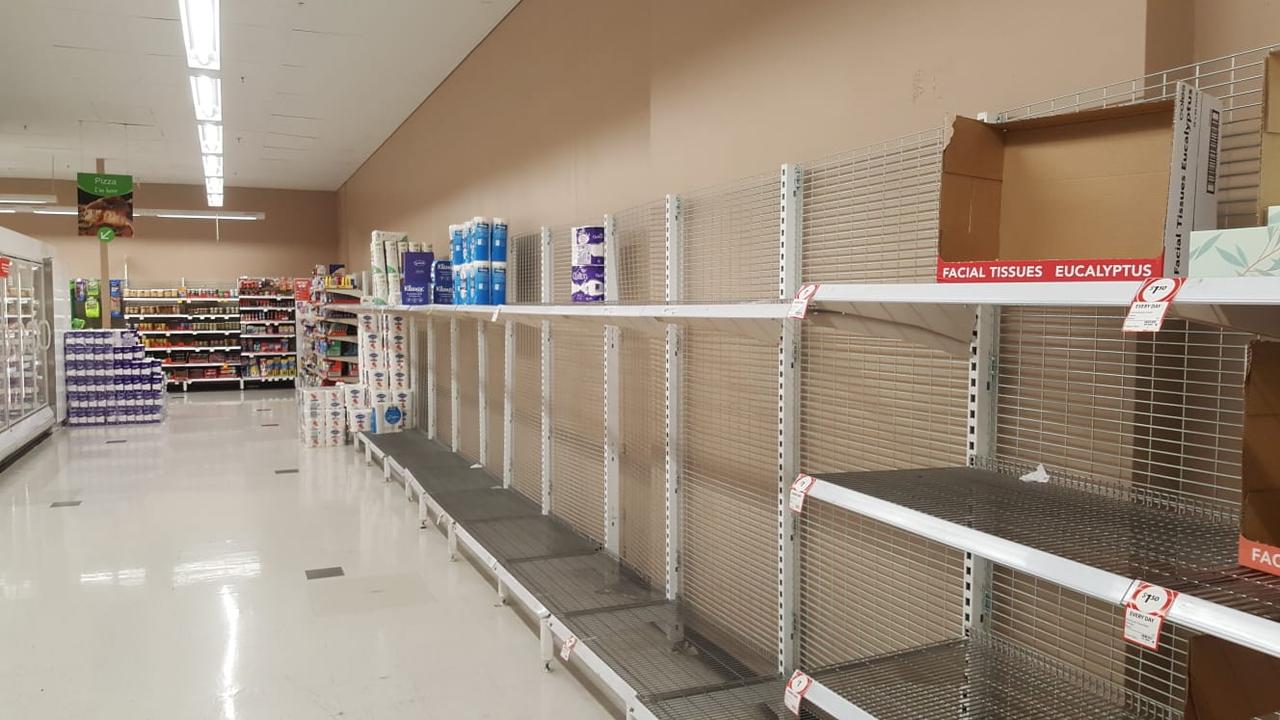
Dr Grimmer added that the limits in this instance are “not really helpful” if the industry’s rhetoric regarding supply is sound.
“Eggs are not the type of product that should really be stockpiled and the advice is that only a small percentage (around 2 per cent) of stocks have been affected,” she said.
“So the signal that Coles is sending is not really helpful for the industry or consumers as it reflects across the whole egg industry, which is largely unaffected.”
An Australian study published in 2021, “Coronavirus, the Great Toilet Paper Panic, and Civilisation,” by University of South Australia sociologist Professor Jon Stratton analysed the panic buying of toilet paper in Australia during the early stages of the Covid-19 pandemic.
It argued that this odd behaviour was closely linked to Western notions of civilisation, with toilet paper symbolising an essential aspect of societal stability.
Prof Stratton’s paper added that Australia’s extreme reaction compared to other countries highlighted anxieties about social breakdown and the loss of civilisational norms.
Moves to eradicate avian influenza
Agriculture Victoria has implemented movement restrictions for all affected sites, and testing is ongoing in surrounding areas to detect infections as early as possible due to the continuing threat posed by wild bird populations.
The department recently stated that the latest detection was not unexpected and that the authority was taking all precautions to limit the spread of the flu.
“It shows that Agriculture Victoria’s reasonable and risk-based Restricted and Control Areas and comprehensive and ongoing surveillance activities are working as they should to pick up (the) spread of the disease,” a statement said.
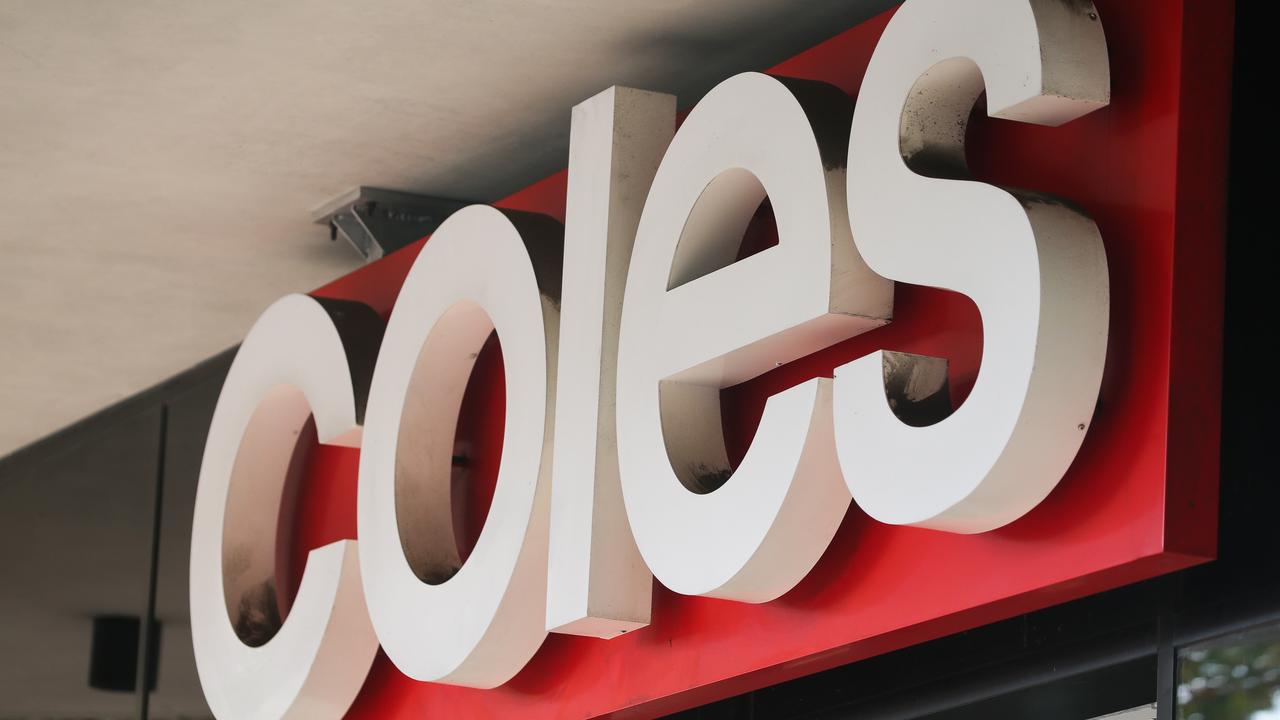
Domestic poultry, ducks, geese, turkeys, guinea fowl, quail, pheasants, emus and ostriches are the most susceptible species affected by avian flu, however all bird species are believed to be susceptible to the virus.
“The entire industry is on high alert, and there’s a big operation underway with authorities and egg farms working to address these incidents and minimise ongoing risks,” Mr McMonnies said on June 5.
“It’s deflating to see new sites emerge which is terrible for the farms involves and for the welfare of the birds but comfort can be taken that it is within a defined region.
More Coverage
“If this can be maintained, the impact on egg supply should remain limited, and Australians will continue to enjoy over 18 million eggs every day”.
“Consumers can be assured that there are still hundreds of egg farms around the country collecting, packing and shipping eggs each day to maintain supply while the impacted farms recover.”
– With NCA NewsWire




